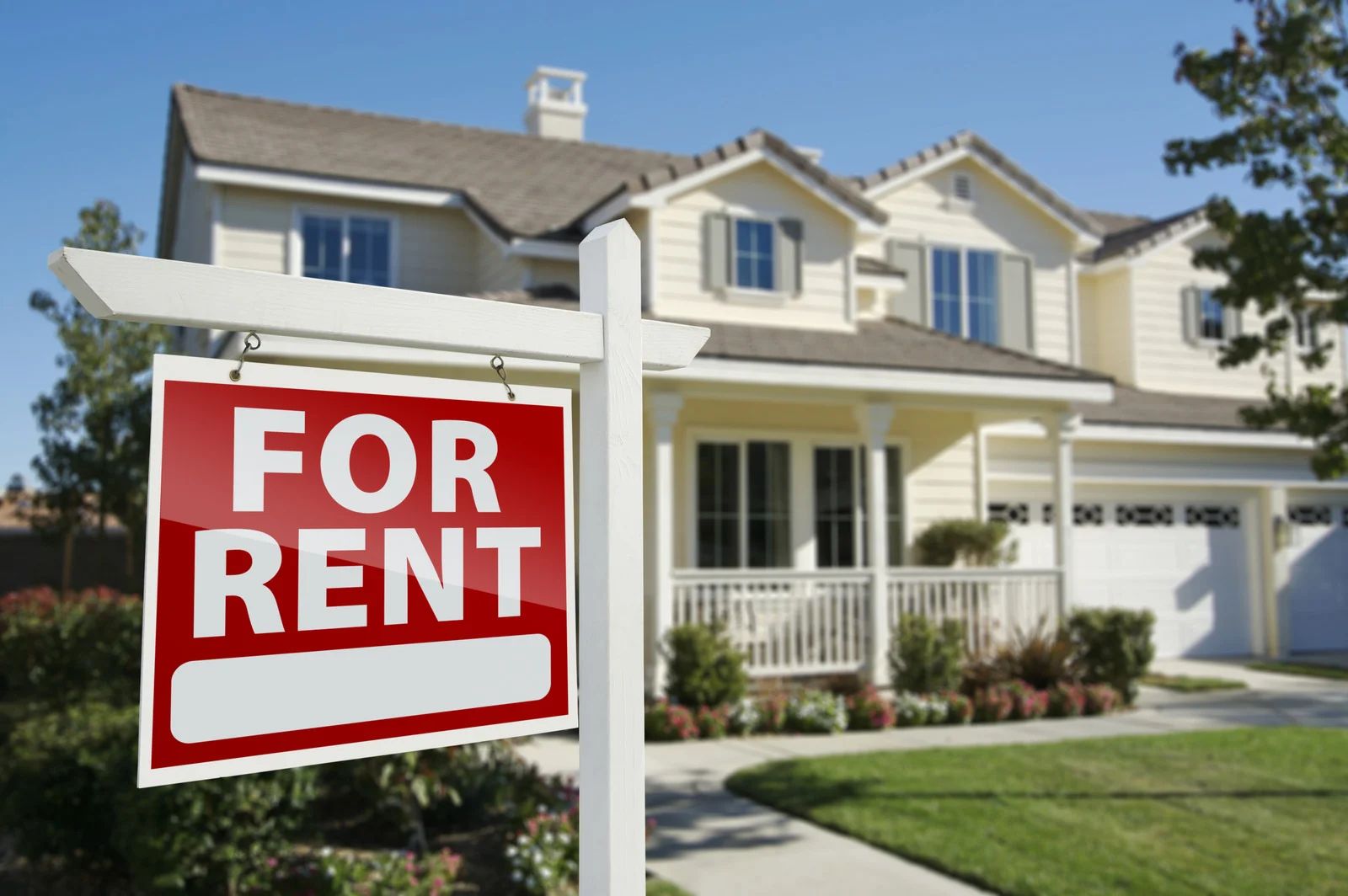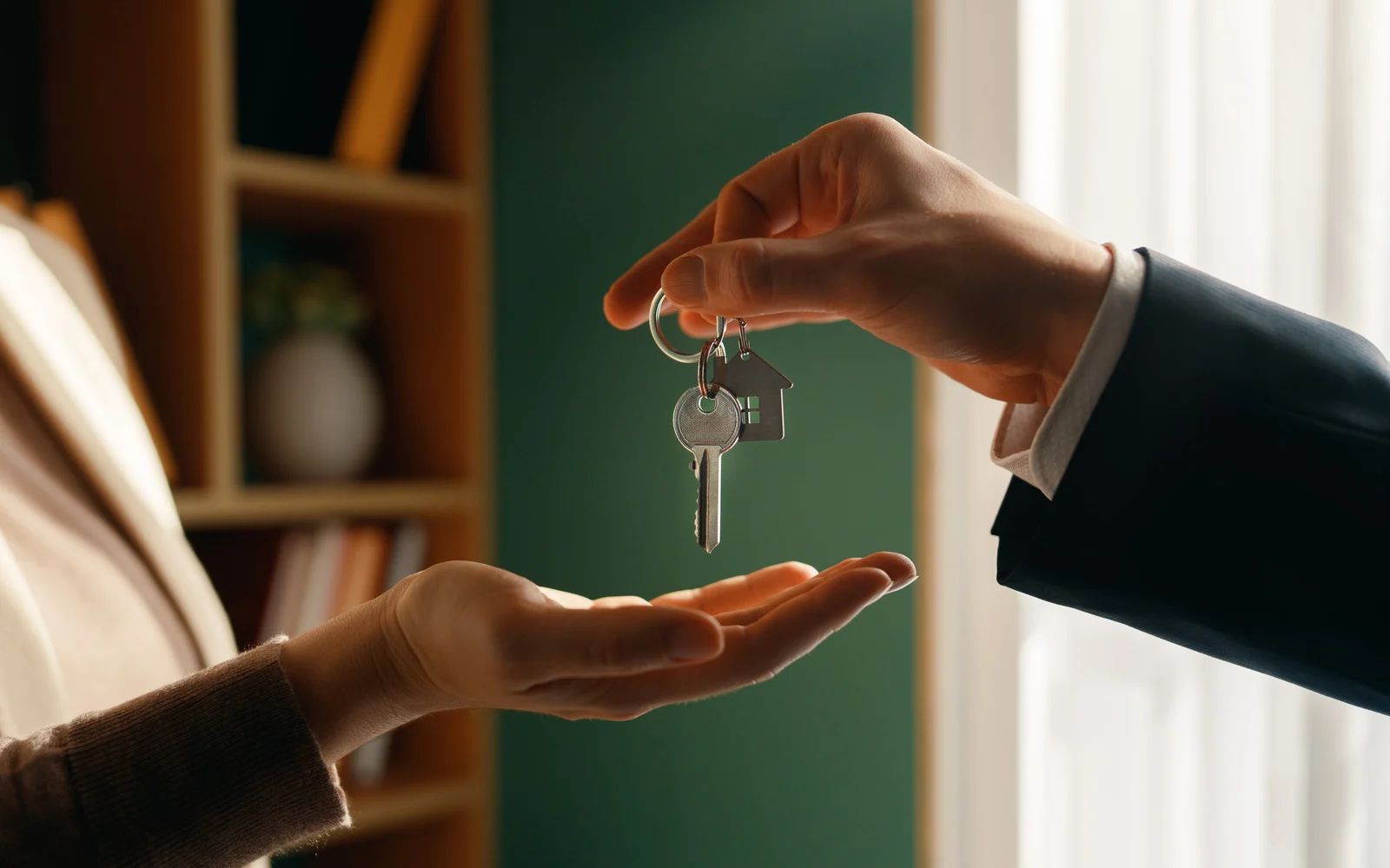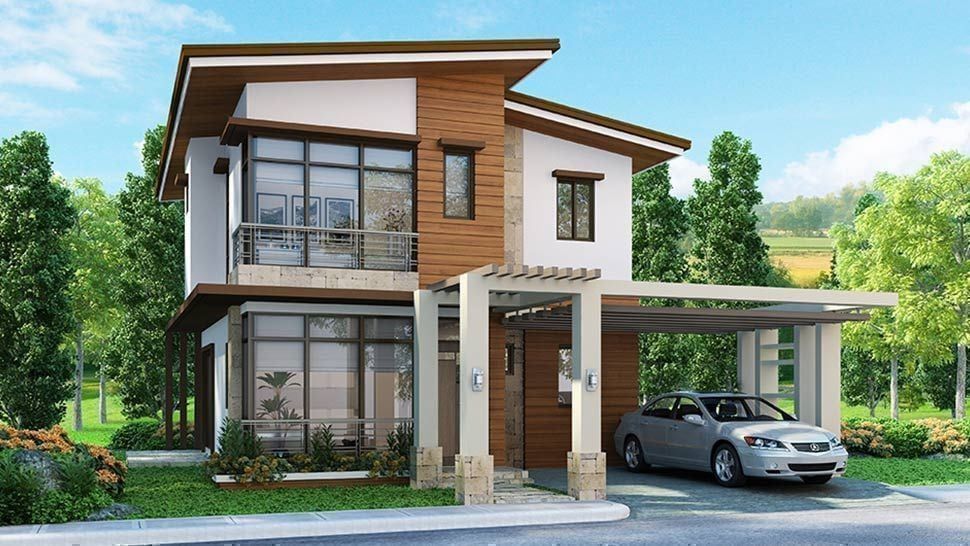Understanding Lease Agreements: Key Terms Every Renter Should Know
September 8, 2025

For many renters, signing a lease agreement can feel like navigating a sea of legal jargon and fine print. However, understanding the terms outlined in your lease is essential to protect your rights and avoid costly misunderstandings. A lease agreement is more than just a formality—it defines the responsibilities of both the tenant and the landlord, including rent, maintenance, and rules regarding the property. By familiarizing yourself with key terms and clauses, you can make informed decisions and ensure a smooth rental experience. Let’s explore the crucial components every renter should know before signing.
1. Rent and Payment Terms
The lease specifies the amount of rent due, the payment method, and the due date. It may also outline late fees or penalties for missed payments. Understanding these terms helps prevent disputes and ensures timely payment. Additionally, some leases include provisions for rent increases, so it’s important to review how and when adjustments may occur.
2. Security Deposit
Most leases require a security deposit to cover potential damages or unpaid rent. Key details include the deposit amount, conditions for its return, and any deductions that may apply. Knowing this protects your financial interests at the end of your tenancy. Tenants should also document the property’s condition at move-in to avoid unfair deductions later.
3. Lease Duration and Renewal
Leases can be fixed-term (e.g., one year) or month-to-month. It’s important to know the start and end dates, renewal procedures, and conditions for early termination to avoid unexpected penalties. Some leases also specify automatic renewal terms, so tenants should be aware of notice periods if they do not wish to continue.
4. Maintenance and Repairs
A lease should clarify who is responsible for repairs and routine maintenance. Tenants should understand their obligations, such as maintaining the property's cleanliness and promptly reporting any damages, while landlords are typically responsible for major repairs and ensuring a habitable living space. Clear communication with the landlord about repair timelines can prevent disputes and ensure the property remains safe.
5. Utilities and Additional Costs
Some leases include utilities like water, electricity, or trash services, while others require tenants to cover these expenses. Clear understanding prevents surprise bills and ensures proper budgeting. Tenants should also confirm whether there are any shared utility costs with other units or additional fees for amenities.
6. Rules and Restrictions
Leases often include rules regarding pets, smoking, subletting, and property modifications. Knowing these restrictions avoids violations that could result in fines or eviction. Tenants should also check for noise policies, parking regulations, and any community-specific rules to maintain a harmonious living environment.
7. Termination and Eviction Clauses
Understanding the conditions under which a lease can be terminated or when eviction is possible is critical. This includes notice periods, reasons for eviction, and tenant rights during disputes. Being aware of these terms allows tenants to respond appropriately if issues arise and ensures compliance with local landlord-tenant laws.
Partnering with Experienced Property Managers
Navigating lease agreements can be challenging, but with the right knowledge, renters can protect their rights and make informed decisions. At 3H Management, based in Sylacauga, AL, we bring 20
years of experience in property management, helping tenants and landlords understand lease terms and responsibilities. Our team ensures a transparent and stress-free
rental experience, guiding clients through every step of the leasing process. Whether you are renting for the first time or managing multiple properties, 3H Management
is committed to clarity, fairness, and dependable service.




